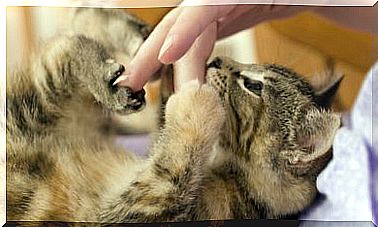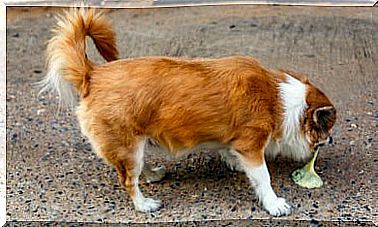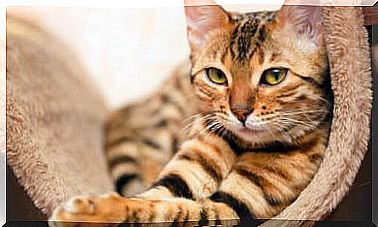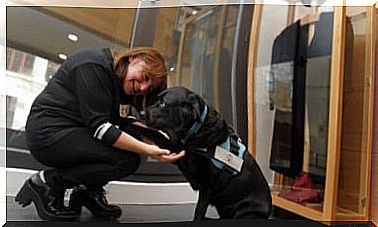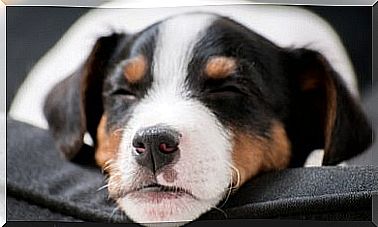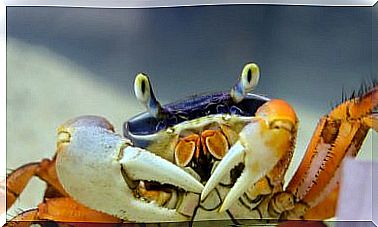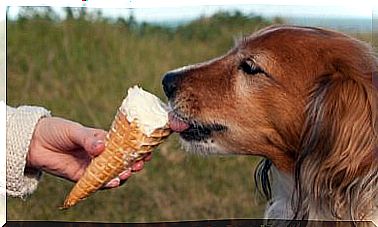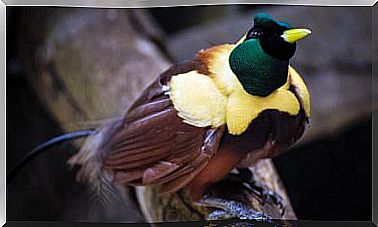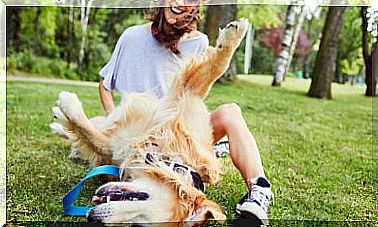Coprophagia In Dogs: What Are The Reasons?
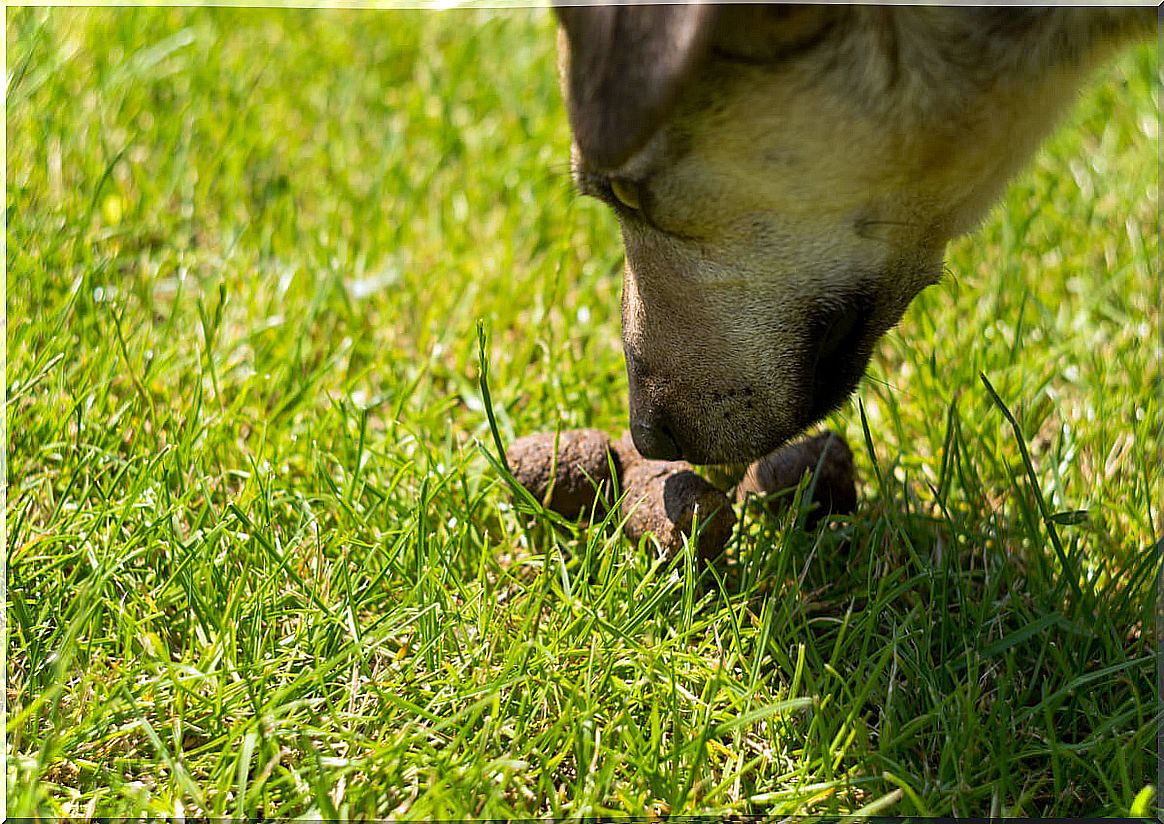
Seeing a dog eat feces is relatively common. It is certainly unpleasant from the human point of view, but in the following lines you will read some reasons why coprophagia can appear in dogs.
As we will describe below, in some cases this behavior is justified, but in others it can be pathological. In case the latter happens, you will also find some prevention tips.
What is coprophagia?
The behavior of ingesting feces is called coprophagia. It is not necessarily an anomalous or pathological behavior, since many species use it for some purpose. An example of this is rabbits, which perform digestion in two cycles, as they ingest cecotrophs to take advantage of nutrients more effectively.
When coprophagia is a pathological behavior, it is included within the pica disorder, which refers to the behaviors of ingestion of substances that are outside the normal diet of the species. Within coprophagia we can distinguish 3 types:
- Autocoprophagia: eating one’s own feces.
- Intraspecific coprophagia : eating the feces of others within the same species; in this case, other dogs.
- Interspecific coprophagia: eating feces of other species.
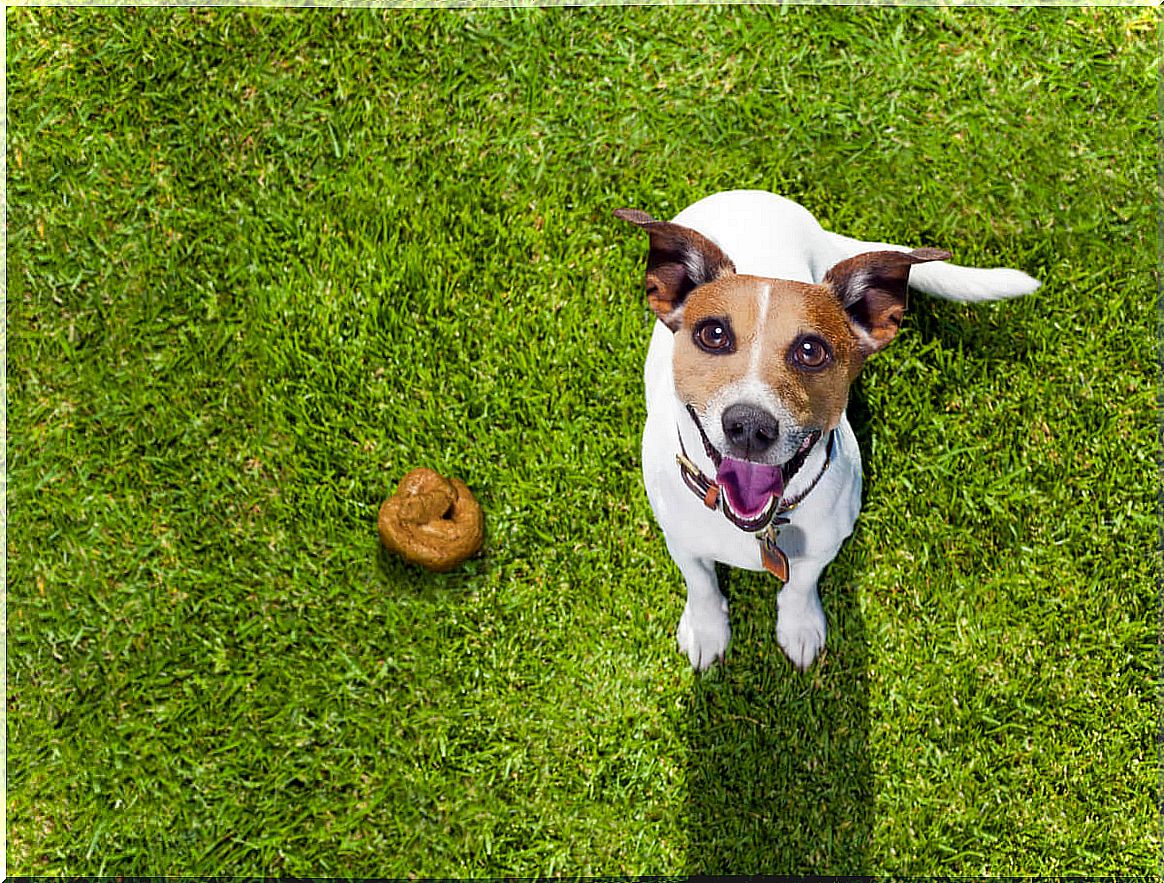
Reasons for coprophagia in dogs
But why does coprophagia occur in dogs? Is it always pathological? The following are the most likely reasons for this behavior.
1. Coprophagia in motherhood
When the mother is nursing the cubs, she ingests their feces to keep the environment clean and to avoid attracting predators by smell. This is the only coprophagia considered normal in canine behavior.
2. Coprophagia due to organic causes
When the dog begins to eat feces, the first thing to rule out is that it is a behavior caused by some organic pathology. These are some of the organic causes that can cause your dog to ingest feces:
- Nutritional or caloric deficiencies: the dog may be hungry because he is not eating enough or is missing some nutrient.
- Hyperadrenocorticism or Cushing’s disease: This disease speeds up the metabolism. Dogs deplete circulating nutrients faster, which can lead to coprophagia due to their deficiency.
- Digestive malabsorption syndrome: the animal has problems for the normal absorption of nutrients and is normally accompanied by an increase in appetite, which can lead to coprophagia.
- Intestinal parasitosis: a tapeworm, for example, will consume the nutrients of its host, creating the need to eat.
- Diabetes mellitus, which also increases the need to eat.
- Drugs that increase food intake, such as glucocorticoids.
Once these medical reasons are ruled out, you can begin to think about behavioral imbalances. In the following lines, we show you the most common in a brief way.
3. Coprophagia as pathological behavior
There are many reasons why a dog can begin to ingest feces, but except for the one mentioned above, it is a behavior that must be corrected. Some of these causes are the following:
- Exploratory behavior : when dogs want to explore their surroundings, sometimes they do not limit themselves to smell and pick up objects from the ground, including feces.
- Avoidance of punishment: Although it seems implausible, dogs knowing that they are going to be punished for defecating can lead them to eliminate the evidence.
- Learning from the mother, in the case of puppies.
- Dirty environments: it can be a cleaning behavior in an environment with poor hygiene.
- Demand for attention due to reinforcement of coprophagia behavior.
- Stress and anxiety.
- Boredom: the lack of environmental stimulation gives rise to stereotypes like the one at hand.
- Very palatable feces – that is, they taste good to them – such as those of cats, herbivores, and other overfed animals.
Prevention and treatment of coprophagia in dogs
Once the correct diagnosis has been made, how to fix it? How to avoid it from now on? Finally and to close this space, you can read some tips to prevent and correct this behavior:
- Take care of rewards and punishments: assuming that punishment is never a good option for canine education, reinforcements must be given at the right time so as not to promote abnormal behaviors.
- Always keep the environment clean: this, in addition to preventing infections and other problems derived from it, will avoid the instinct of cleaning the dog’s feces.
- Distribute the diet in more doses, to prevent the dog from feeling hungry throughout the day.
- Increase fiber in the diet: in this way, the intestinal flora is enriched and digestive problems are prevented. In addition, the fiber has a satiating effect.
- Control walks to prevent the animal from ingesting faeces.
- Create an environment rich in stimulation: there are many ways to do it; with exercise, toys, socializing, sensory stimulation and a long etcetera.
- Add ingredients to the diet that make the stool taste worse, such as pineapple, zucchini, supplements, or vegetable oil.
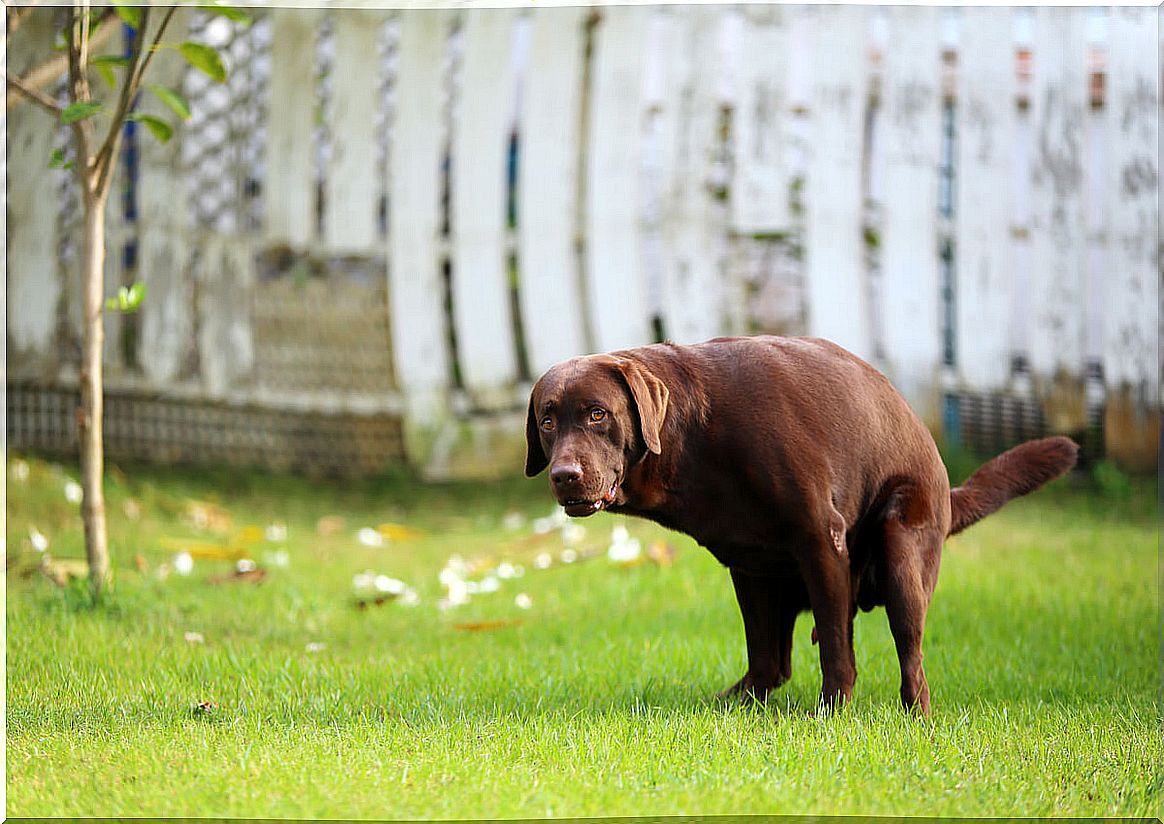
As can be seen, the behavior of coprophagia in dogs is not as strange as it seemed. This does not mean that it is unpleasant, but the options to correct and prevent it are many. As always, the help of a professional is both necessary and helpful when these problems appear.
